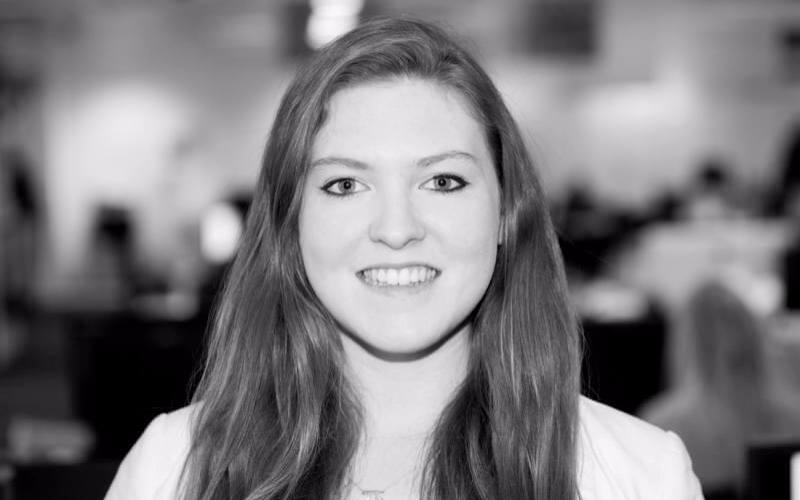Gemma Milne
Not your usual Maths nerd. She is a creative Scottish science-lover, obsessed with tech, design, Irn Bru and pi, and everything she does reflects this sheer passion for knowledge.
Gemma is Co-Founder of Science: Disrupt - an organisation connecting the innovators, iconoclasts & entrepreneurs intent on creating change in science. Science: Disrupt produces podcasts events and editorial, and has brought together a large community (both on and off-line) of brilliant thinkers and do-ers.
Gemma focuses on biotech, energy, space, health, advanced computing & changing the way we do academic research and is also a Freelance Journalist, writing for The Guardian, Adweek, Imperica & Ogilvydo, covering science, tech, culture and politics.
Gemma is an International speaker having delivered keynotes at SXSW, TEDx, WPP Stream, Cannes Lions and Dubai Lynx and works with the World Economic Forum as on of their Global Shapers. Previously, Gemma was the Tech Innovation Strategist at Ogilvy Labs.
Showreel and sample talk videos are here: https://www.gemmamilne.co.uk/speaking/
